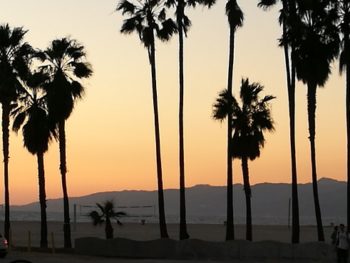 Banks earn money with various activities such as currency exchange rates, and advice to businesses, but mainly by lending money. How does a bank obtain (currency) money, and how does a bank earn money from money lending?
Banks earn money with various activities such as currency exchange rates, and advice to businesses, but mainly by lending money. How does a bank obtain (currency) money, and how does a bank earn money from money lending?
A bank obtains money when people deposit money into their bank account, and a bank gets money of borrowing money by the central bank. The sum of all bank deposits plus the money borrowed by the central bank is the total amount of money a bank has.
Banks earn money by lending and requesting interest on the loan. When taking a loan you must pay back the loan plus interest during the duration of the loan. Banks borrow your money that you deposited in your deposit (bank) account. Banks expect you don’t take all the money from your account, and lend it to anyone who wants to use money immediately. Banks also lend money that they have borrowed from the central bank.
Example 1
You deposit 110 euro into your bank account. The bank assumes that you will not use it, so the bank lends it to Wally who wants 100 euro. Wally pays 10% interest per year on the loan. The bank earns 10 euro.
Example 2
Your bank borrows 100 euro from the central bank at 1% and lends it to Wally for 10%. After one years your bank pays 1 euro to the central bank and Wally pays 10 euro to your bank. The bank earns 9 euro for every 100 euro that it borrowed from the central bank.
The consequence of lending money, is that it increases the total amount of money in the hands of the people.
Example 3
You go to your bank and put on your deposit account 110 euros, 11 bills of 10 euros. Imagine you’re the banks only customer, therefor your bank has 110 euro. You don’t use the money, so the bank lends money to Wally who wants 100 euro. Wally borrows 100 euros to buy a paint. Wally pays the paint shop owner who immediately goes to the bank and puts 100 euros in his bank account. Your bank has now two deposits accounts: your deposit of 110 euro plus a new deposit of 100 euro from the paint vendor together 210 euro.
The amount of bank money grew by lending money to Wally, the amount of cash remains the same (110 euro). The amount of bank money, 100 euro, is equal to Wally’s loan of 100 euro. See also my post “Money: everyone knows it but very few know how it comes to existence”.
How much can Wally borrow? In theory, Wally can borrow infinitely as a result the bank money will grow infinitely as well. In reality this unlimited borrowing can not continue because the bank is legally required to keep a small portion of the outstanding bank accounts in hand, also called a (cash) reserve. This is necessary to ensure we can withdraw money when we need it. The reserve requirements differ from country to country. Not only the cash reserve amount but also the determination and definition of cash in hand varies.
Example 4
Just assume that the bank must have in hand, 9% of the total deposit bank accounts and that there is one bank. Your local bank has one deposit account of 110 euro, and 9% of that must be in hand, that is 10 euros. The bank lends Wally 100 euro. The loaned money to Wally returns when the paint vendor deposits 100 euro on his account. The bank must keep 9% in hand, which is 9 euro and can lend Wally.91 euro. Wally buys a computer for 91 euro, and the computer vendor deposits 91 euro on his bank account. The bank must keep 9% in hand, which is 8 euro and can lend Wally 83 euro, etc.
Money deposits on a bank account will be loaned many times the initial amount. An easy number to remember is that banks can loan 10 times the initial deposit. In our example that means that the bank can loan Wally approximately 1000 euro.
So the amount of money grows each year 10 times? No that’s not the case because banks have already lent the money, there where new accounts come to existence others disappear. The money supply is growing mainly because banks borrow money from the Central Bank.
The result of lending money is that the money supply increases, in other words, there is suddenly more money. And a larger money supply always leads to inflation. Inflation we will discuss next time. Just remember that inflation forces you to pay more for the same item, and therefore you will have to work longer. You can also see it as a kind of extra tax, because suddenly you pay more for food and drinks.








